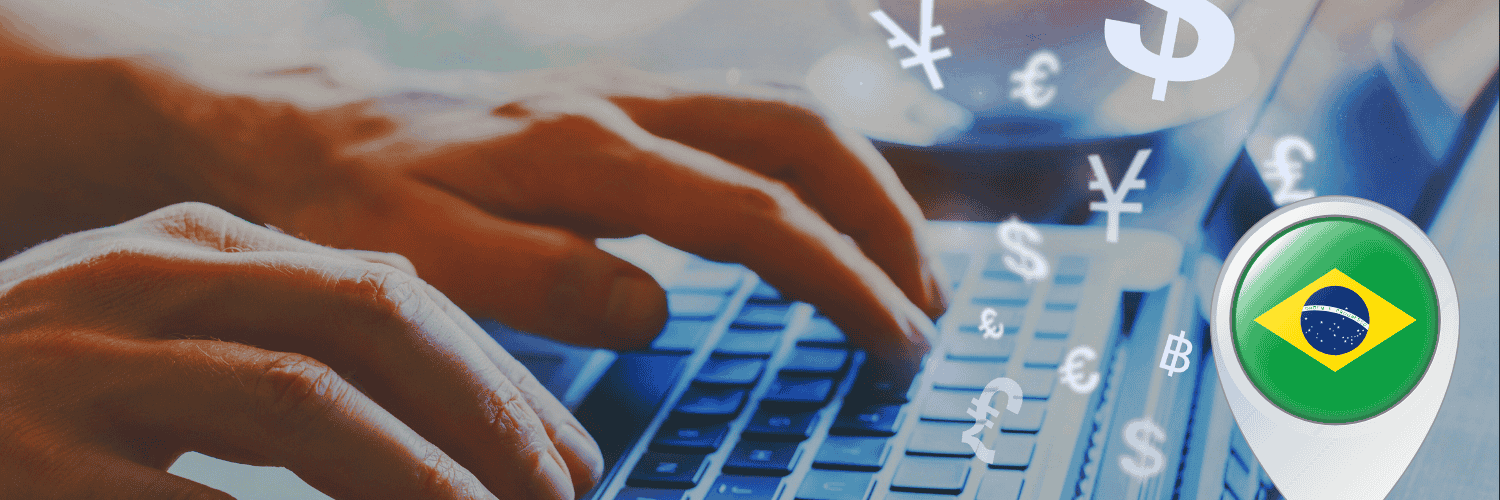How to Transfer Inherited Funds from Brazil to the United States?
Funds inherited in Brazil can be moved to the United States without any official cap on the amount. There are rules under Brazilian law that require compliance with currency exchange procedures. That usually involves dealing with a specialized bank. Choosing the right institution and having the proper paperwork will save you time and stress during your inheritance process.
Locating Authorized Banks in Brazil
Not every financial institution can handle international currency exchange. Only banks with the proper authorization can assist. A good starting point is the Brazilian Central Bank’s official list of institutions at https://www.bcb.gov.br/estabilidadefinanceira/instituicoesoperacambio. These banks meet the standards set by Brazilian regulations. Smaller agencies and multi-service banks often do not carry the necessary credentials for large foreign transfers. It is best to work with a recognized bank that has experience in lawsuits, inheritance disputes, and cross-border transactions.
Creating a Temporary Account
Courts in Brazil usually hold inherited funds until legal proceedings end. After you have a final court order releasing the money, a temporary account can be set up in the bank that will manage your currency exchange. This step is common in many estate cases. The bank might collect documents confirming your legal right to receive the inheritance. Such paperwork may include your court order, proof of identification, and evidence of compliance with tax obligations in Brazil.
Receiving Court-Liberated Funds
Once the judge authorizes the inheritance transfer, the bank will request instructions for sending the funds abroad. Some institutions let you receive the funds in BRL to your temporary account, then convert them to USD. Others may prefer handling the exchange first, then depositing the converted amount. Either approach is valid, as long as it follows Brazilian exchange regulations.
Converting from BRL to USD
Brazilian rules set requirements on foreign exchange, but they do not enforce a cap on how much you can convert. The bank will calculate the exchange rate based on the market rate, plus any fees. It is important to review these details early, especially if you plan to hire an attorney for a lawsuit or estate dispute. Knowing your costs ahead of time makes the transfer smoother. Some people ask for multiple quotes to compare rates and fees.
Transferring the Funds to the United States
When the bank finalizes the conversion, you have a few options for collecting your money. If you reside in the US, the bank can send the proceeds directly to your American account. In some cases, the bank will open an international account and later transfer the funds to the final destination. If you live in a different country, you can supply routing details for that location. Either way, the transferred money will be in USD or another convertible currency, ready for your use.
Documents and Paperwork
Certain forms and documents keep everything official. You will likely need:
- Certified copies of the court’s ruling on the inheritance
- Identification documents for the beneficiary
- Proof of tax compliance, including any required declarations
- Bank forms detailing the purpose of the transfer
- A written authorization or power of attorney if someone else is assisting
Each bank has its own internal checklist. It is wise to confirm the exact requirements before transferring large sums. Paying close attention to each step helps prevent delays and extra fees.
Final Steps
Many heirs worry about red tape when receiving funds from Brazil. Most of these concerns are resolved by using a bank with extensive experience in foreign currency exchange. That bank will guide you on forms, deadlines, and how to track your money once it leaves Brazil. Attorneys who focus on inheritance and estate disputes in Brazil can also provide help if obstacles arise. Setting realistic expectations and choosing your partners wisely ensures that your inherited funds reach you, wherever you call home.
Watch our video:


